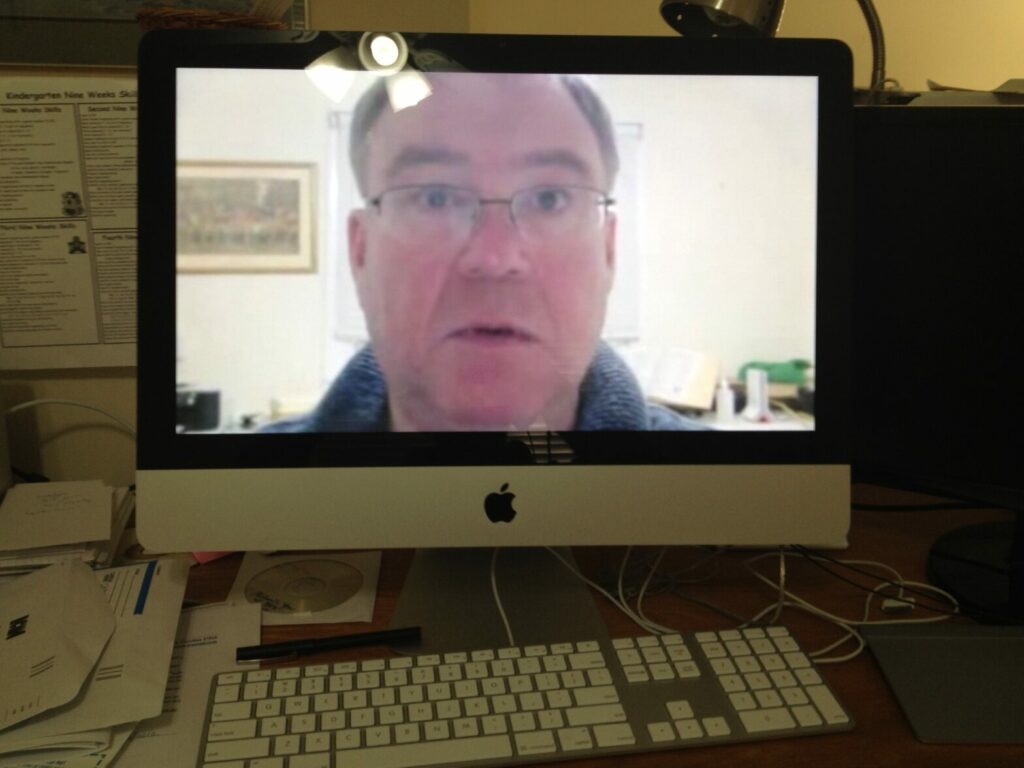- My pantunThe St Lawrence used to freeze. Without offense my forebears crossed And didn’t get shot by a vigilante Or have to pretend they were lost.

Why I’m here
I play music (oboe, English horn, occasionally the alto or soprano sax). I write—plays, poems, stories, all sorts of stuff. I like to read my drafts aloud, bellowing and howling up in my atelier, rather to the family dogs’ dismay.
Why you’re here
Come look over my shoulder. I need your help to make something beautiful or terrible or epiphanic. Be honest.
Note the “Contact me” page should you, um, want to contact me.
